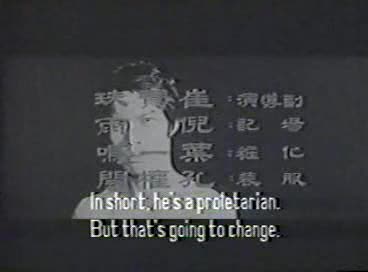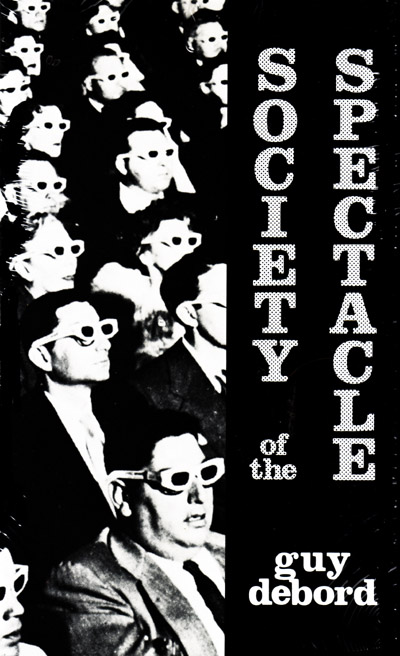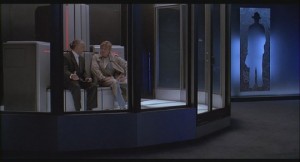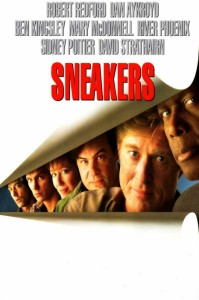From the Chicago Reader (February 21, 1997). — J.R.

Can Dialectics Break Bricks?
Rating ** Worth seeing
Directed by Rene Vienet (and Doo Kwang Kee)
Written by Vienet (and Ngai Hong)
With Pai Paiu, Chan Hung Liu, Ingrid Wu, and the voices of Jacques Thebaut, Patrick Dewaere, Michelle Grellier, and Dominique Morin.

“This is a situationist film. This is not a situationist film,” begin Keith Sanborn’s notes to Rene Vienet’s Can Dialectics Break Bricks? — a French film in color being shown at Chicago Filmmakers this Saturday in a subtitled, black-and-white, letterboxed video version. I think Sanborn, an experimental filmmaker, is referring to the fact that Vienet’s film was made in 1973, the year after the Situationist International disbanded and two years after Vienet — who joined the situationists in 1963 — resigned from their ranks.

I don’t know much about the situationists, but according to critic Peter Wollen they formed out of a split within an earlier radical artistic and political group, the lettrists, who sort of took over the mantle of the French avant-garde from the surrealists after World War II under the leadership of Isidore Isou. The “dissident Revolutionary Lettrists,” as Wollen called them, were led by two young filmmakers, Guy Debord and Gil Wolman, who went on to become situationists. Read more
From the Chicago Reader (September 11, 1992). — J.R.

SNEAKERS
*** (A must-see)
Directed by Phil Alden Robinson
Written by Robinson, Lawrence Lasker, and Walter F. Parkes
With Robert Redford, Dan Aykroyd, Ben Kingsley, Mary McDonnell, River Phoenix, Sidney Poitier, David Strathairn, Timothy Busfield, George Hearn, Eddie Jones, and Stephen Tobolowsky.

Although Sneakers has plenty of artful craft, the principal pleasure of Phil Alden Robinson’s new feature has less to do with art than it does with old-fashioned entertainment. Robinson, you may recall, wrote and directed In the Mood (1987) and the much more successful and better known Field of Dreams (1989), two movies whose basic appeal was founded in nostalgia. Though everything after the prologue and credits in Sneakers is set in the present, the movie reminds us of what movie entertainment used to be about, especially during the 50s and 60s, before inflated ideas about art and significance took over. (I suspect that many of the movie’s high-tech details come from producers and cowriters Walter F. Parkes and Lawrence Lasker, who together wrote the script of WarGames.)
Sneakers can be described in many ways: as a caper movie, a lightweight thriller, a high-tech fairy tale, a boys’ adventure, or a Hitchcockian jaunt dating back to the period before Hitchcock was regarded as a serious metaphysical artist — that is, either before he left England for Hollywood or up to the time he made North by Northwest, but in any case before the weighty French interpretations of his thrillers became coin of the realm. Read more





